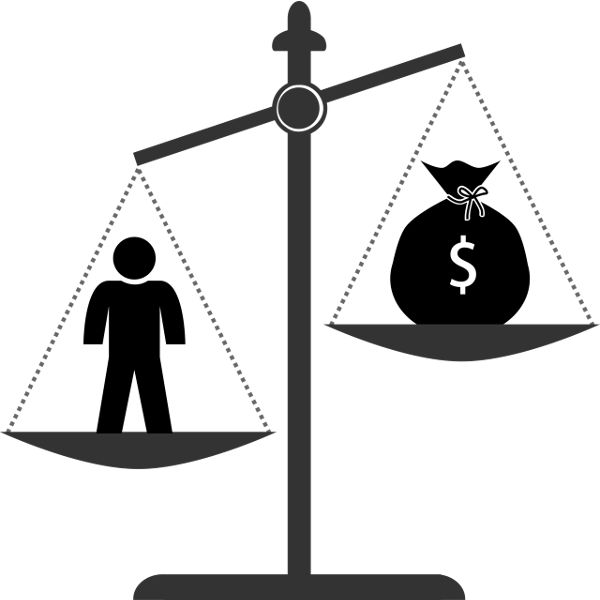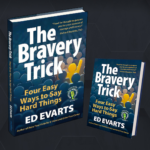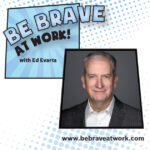In order to have a conversation regarding raising your value in your organization, we need to have a common definition of value from which to work. In the Raise Your Visibility & Value model:
“Value is when the outcome of a situation exceeds the cost incurred by a satisfactory margin.”
While most of the words and phrases in this definition are self-explanatory, “outcome of a situation,” “cost,” and “satisfactory margin” require additional explanation:
- Outcome of a situation – How you assess value starts with the outcome you are seeking in the first place. Another way to think about this is to ask yourself, “What are my expectations for an outcome?” Expectations play a significant role in how you feel about the outcome of a situation into which you are entering. Expectations frame the amount of value we are looking to receive. When something meets your expectations, you generally feel good.
- Cost – When you read or hear the word “cost,” you typically think about money. Questions and statements such as “How much is that going to cost?” and “That costs too much!” are likely to pop into your head. However, costs are more than just money. As a busy business professional in a fast-moving workplace, you manage several assets that become costs when you use them. When it comes to understanding value, these assets are time, energy, and money.
Assets that become costs
- Time – Your time is valuable. You do not have enough time in your day to accomplish all that you want to accomplish, so how you invest your time is very important. You have grown up hearing phrases like “Time is money!” Feeling as though your time is well-spent to receive a benefit by a satisfactory margin enhances the potential for value. Feeling as though an activity is a waste of your time indicates an absence of value – the cost of the outcome was greater than the benefit.
- Energy – As a human being, you only have so much energy to expend. While you may have more (or less) energy than a colleague, regardless of how much energy you have, your energy only goes so far. Energy is very present in our lives. Feeling as though the energy you invest is well spent enhances the likelihood for value. Feeling as though you don’t have the energy for an activity or that your investment “drains your energy” indicates that the cost of an outcome is or was greater than its benefit.
- Money – While there are other types of financial assets in the world, when you think about costs, you probably think in a monetary context. If you are going to invest your hard-earned money in something, you will always want to receive a benefit that exceeds the cost. This is also true when you are spending someone else’s money, such as your organization’s money. This correlation between money and value is where value shows up most often in our culture.
Image by kmicican from Pixabay
~~~~~~~
Raise Your Visibility & Value: Uncover the Lost Art of Connecting on the Job is available
in AUDIO FORMAT here on Amazon and iTunes
and in HARD COPY here on Amazon and Barnes & Noble.







